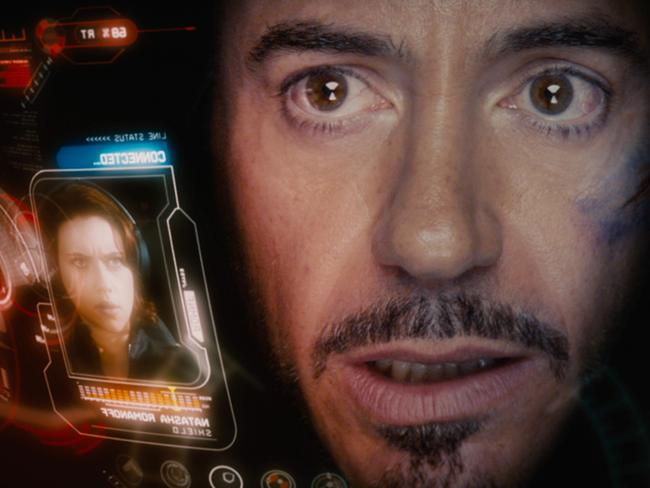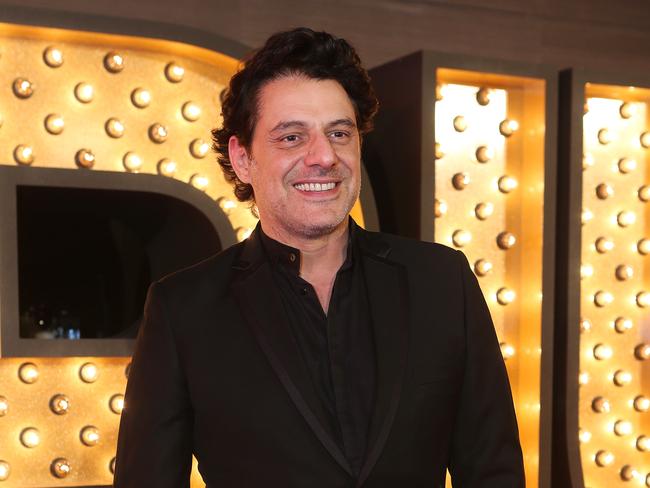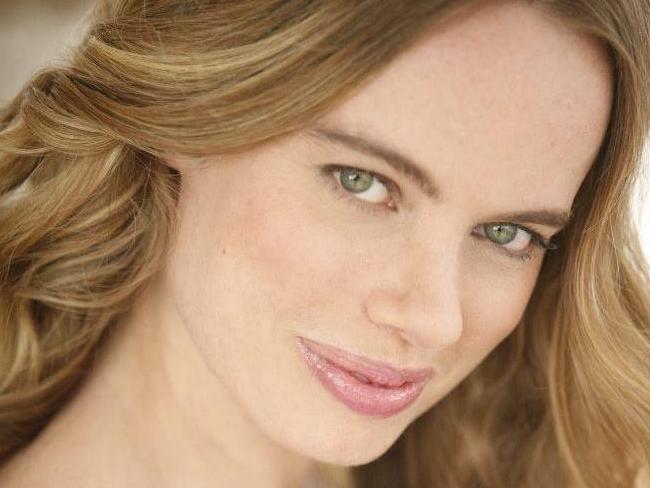Think twice before pursuing a ‘dream’ acting career
IT’S the glamorous profession young Aussies dream of, but new research exposes an industry rife with stress-related anxiety, depression and substance abuse.

THEY make it look so glamorous.
Splashed across our television screens and on the pages of magazine, actors are our Gods.
But a new study has found that the profession is not all it’s cracked up to be — even for those who manage to find paid work doing what they love.
Researchers from the University of Sydney surveyed 782 working actors and found they had significantly higher levels of depression, anxiety and stress than the general population, coupled with dangerous substance use.
Women actors spoke out about sexual harassment both in training and in the profession.
More than one third of actors surveyed reported drinking alcohol to help cope with problems related to their performing careers, and 80 per cent used illegal or legal drugs.
“Actors also reported tolerance in the face of otherwise debilitating complaints and ailments associated with their work, often choosing to keep working in circumstances in which they report experiencing serious and often long-term symptoms,” Prof Maxwell said.
Many of those surveyed reported using alcohol and drugs to cope with the pressure and burden of their acting careers, and a quarter had experienced “debilitating performance anxiety”.
The pairing of intoxicating substances and artistic talent has long been romanticised, but the reality is that it can be an actor’s undoing — just ask Robert Downey, Jr.

At the height of his addiction, Downey, Jr could not hold down a role; last month, clean and sober, he was named the world’s highest-paid actor. Let’s not talk about Lindsay Lohan.
Hollywood star Ethan Hawke recently spoke out about the issue while promoting his latest project, a biopic about American jazz trumpeter Chet Baker.
“I had a friend who directed Elizabeth Taylor and she had this theory that she was better when she was drunk,” Hawke told the Guardian.
“She wasn’t, it’s just that she was less nervous. She enjoyed it more drunk. Well, guess what? So would I.”
He said while some performers convinced themselves that substance abuse furthered their art, “there’s another path to get there”.
Hawke said many entertainers struggled with self belief, making them vulnerable to addiction.
Associate Professor Ian Maxwell said the Sydney University study “confirms what people in the industry know and talk about”.
“Actors are highly skilled, low paid workers, who experience anxiety, stress, and, most seriously, depression at high levels,” Prof Maxwell said.
“They drink at a rate that is likely to lead to serious health problems,”
He said income stress played a large part in actors’ woes, as did bullying and harassment — with disturbing reports of verbal abuse, sexism and homophobia on set.

Despite being household names photographed on red carpets and gracing the pages of gossip magazines, many actors struggled to make ends meet.
Being an AFI award winning actor was no help to Vince Colosimo when he faced potential bankruptcy over a $36,000 debt dispute in 2013.
Despite an impressive list of television and movie roles that have seen him work alongside the likes of Leonardo DiCaprio, Colosimo works part-time as a tradesman to make ends meet.
Speaking on behalf of the actor at his court case for a driving offence last year, lawyer Patrick Dwyer said Colosimo worked hard just to stay afloat, as reported by the Herald Sun.
“Acting life is not highly remunerative,” Mr Dwyer told the court. “He sands, he paints, he cleans building sites in between acting roles.”
Sydney actor Alixandra Kupcik said she was not surprised by the study’s findings.
“I have seen people come in intoxicated to rehearsals. I remember when ice became popular, a lot of actors I know got involved, because they didn’t know what it was. They used it because it made them confident,” she said.
“I know some actors who are alcoholic and it’s ruined their careers, because people won’t work with them anymore. And while they can be incredibly talented, it’s just a loose cannon.”
Kupcik said while actors tended to be highly skilled and intelligent, some were “not very resourceful” and struggled to supplement their income.

“Most actors don’t have business minds,” she said.
“It creates a lot of pressure. Instead of doing what you love because you love it, you’re then stressed because what you’re doing doesn’t give you financial rewards.”
Kupcik, who works as a Personal Assistant in the real estate industry while running her production company, said she tired on living on a shoestring.
“In the early days, it was enough for me, but things were more affordable back then,” she said.
“But then as you get older you want more things. I started to resent it — there was no financial satisfaction and it does cause stress. So I started to look at it as a hobby, and that helped me to like it again.”
Juggling it all meant she was “working around the clock”, putting in a full day’s work and rushing off to rehearsals and auditions, which “always come up at the last minute”.
“I’ve put so much into it so far that if I was to give it up, it just wouldn’t feel right. Because you never know what’s around the corner.”
The Sydney University study’s co-authors Dr Marianna Szabo and Dr Mark Seton called on actor training schools to take action to address performers’ wellbeing, and said an industry-wide approach was needed to help actors “cool down” after a performance.
“Work practices of warming up exist, but training institutions and theatres must do more to support actors cool down to help them reground into everyday life and relationships,” Dr Seton said.
A HARD DAY’S WORK
— Some 40 per cent of actors surveyed had difficulties relaxing or “letting go” after performing an emotionally and physically demanding role.
— More than 80 per cent reported financial stress being an issue in their lives at least some of the time, with 40 per cent earning less than $10,000 from their trade each financial year.
— Younger actors are more likely to report symptoms of depression, anxiety and stress than those aged over 55 years.
— Work peaked for actors in the study around the age of 30 to 32.




